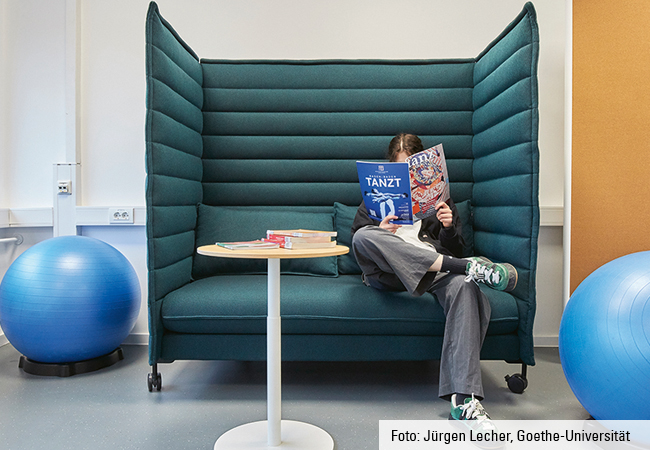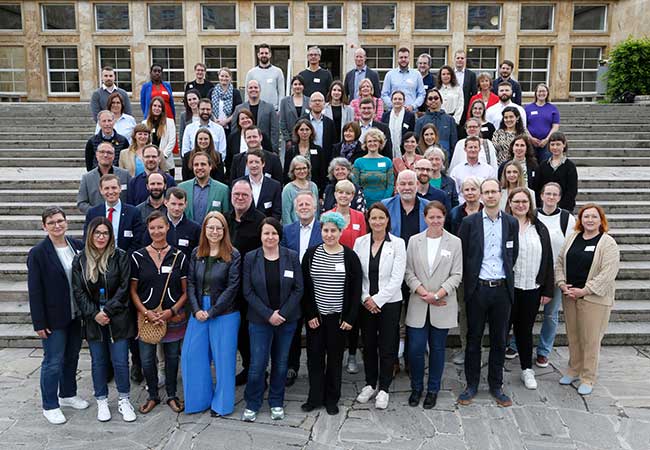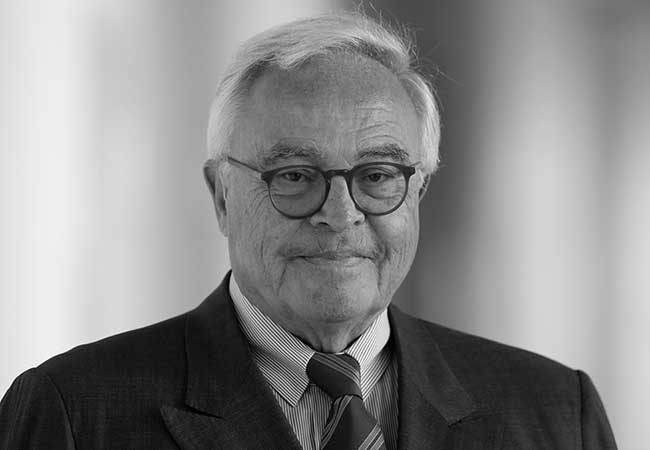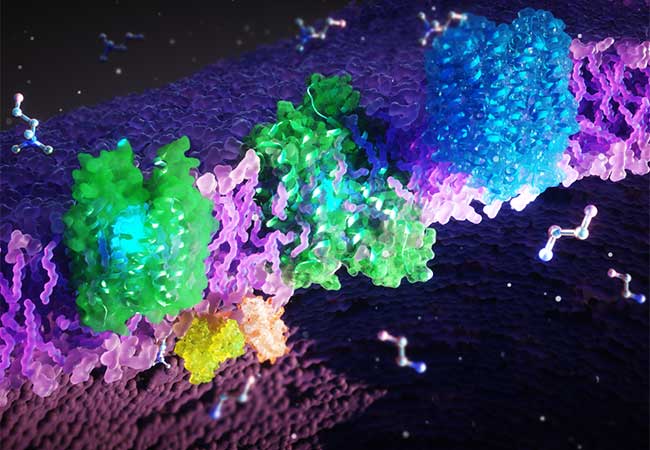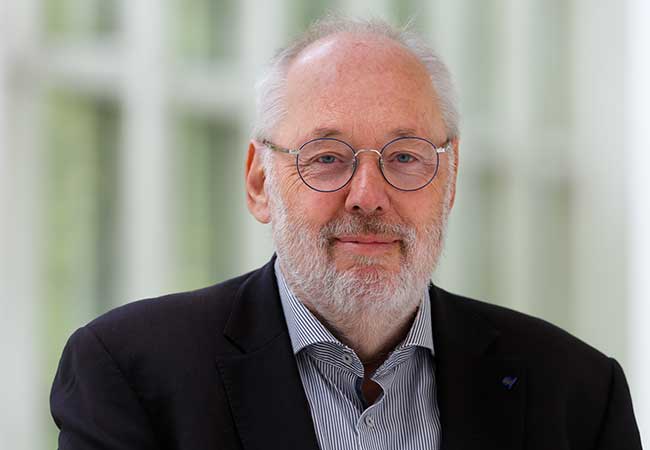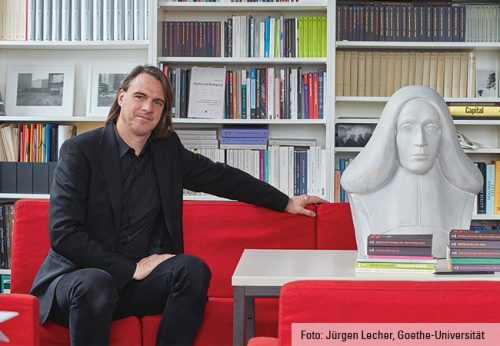
Philosophy’s scientific roots run deep. “Even our ‘founding fathers’, the Greek philosophers Plato and Aristotle, pursued questions such as the following very seriously: How do communities evolve? What holds them together? What purpose do they have and what form do they take?” says Martin Saar, Professor of Social Philosophy at Goethe University Frankfurt, adding, “These questions are still pivotal for us today. In that regard, we can definitely consider Plato and Aristotle to be social philosophers, even if this philosophical discipline did not yet exist at that time.” Naturally, both would have had the particular social system of Ancient Greece in mind, Saar points out, meaning one cannot simply apply their findings to modern or even contemporary societies.
It is precisely these societies, however, that Saar, who holds a doctoral degree in philosophy and a postdoctoral degree in political science, is looking at when he explores questions like: what is social philosophy in the first place, and with which methods and basic concepts does it operate? Of course, in finding answers to these questions, he does not start from scratch, but builds on Aristotle’s established definition. “In line with their nature as well as nature itself, humans live in communal structures, in the polis, the city or the state. They require community to form a truly human way of life,” Saar explains. “Social philosophy consists of reflecting on humans in this community, that is, on people among people.”
Fascinating dual character
What fascinates Saar is the dual character of his subject: “On the one hand, we address quite fundamental, basic questions, and we do so using a general approach that is actually only found in philosophy.” However, he continues, these abstract problems are also linked to very tangible questions not only about specific social institutions and norms, but also about which identities, self-conceptions and ways of life are possible in a given society, and how it deals with its subjects, i.e. the specific stakeholders of which it is composed and which it also spawns and shapes.
“I would like to know which philosophical tools are suitable for capturing and describing the interaction between individuality and society, subjectivity and institutions,” says Saar, adding that French philosopher Michel Foucault, who died in 1984, had a particularly strong influence on him in this context. Beyond that, Saar is also generally interested in questions relating to “power”, which he examines not only against the background of contemporary theories but also from the perspective of the history of ideas. One of his other reference points, for example, are the works of 17th century Jewish-Dutch philosopher Baruch de Spinoza, who pondered the relationship between the individual and the state and the possibility of a radical democracy. “It is this combination of the greatest possible abstraction and very concrete everyday experiences that inspires and motivates me to make my own contribution to socio-philosophical research,” Saar adds.
It is important to him that this contribution be developed not only in the quiet of his own study, but is also influenced by the dynamics of lectures and seminars: “We don’t tell our students to first listen to the introductory lecture, and ask the real research questions later. Every ‘Introduction to Philosophy’ is already philosophy itself. Students can join in, contribute, share thoughts, and criticize right from the get-go. I consider it a great privilege to be able to experience this first-hand.”
Knowledge and power
Saar repeatedly explores relational questions, such as how knowledge relates to power: “As such, I am interested in how knowledge circulates in societies and in how far this depends on the distribution of opportunities to speak and create knowledge,” he explains. “I look at the relationship between epistemic, knowledge-based authority and the criticism of it: Which social stakeholders claim a particular authority in questions of knowledge and for what reasons?” This claim is not necessarily based on genuine expertise, he says, but can also be the result of tradition and habit. Saar asks, for instance, how societies deal with the fact that, on the one hand, they agree on formal, institutional rules for knowledge production, but that, on the other, these rules are frequently rejected and criticized.
When positioning social philosophy – his research field – within the general philosophical tradition, Saar cannot fail to mention something unique to Frankfurt: the “Frankfurt School”, the group of Marxist scholars surrounding Max Horkheimer and Theodor W. Adorno, who developed their famous social theory – “Critical Theory” – in Frankfurt in the 1920s and 1930s at the Institute for Social Research (IfS). Founded in 1923, the latter is now affiliated to Goethe University Frankfurt. Saar has close scientific connections with this institute: As a member of its teaching staff and council, he is now a researcher at IfS, where he completed his doctoral degree under Axel Honneth, the institute’s long-standing director. That is why he is also interested in the historical development of Critical Theory from Horkheimer and Habermas to the present day – a history that began and continues in Frankfurt but resonates worldwide.
Author: Stefanie Hense






